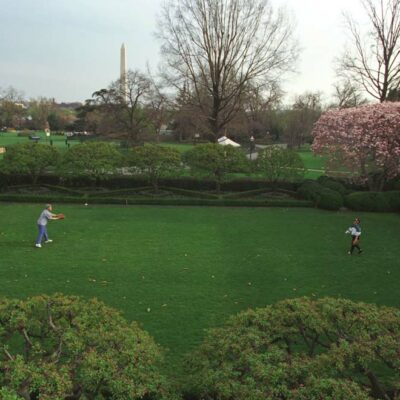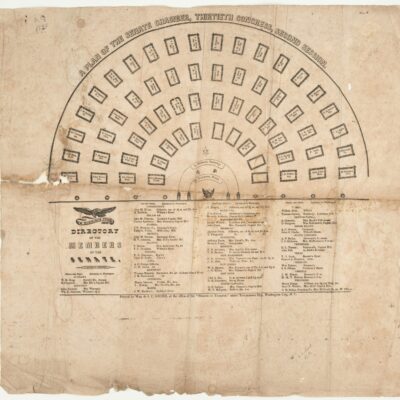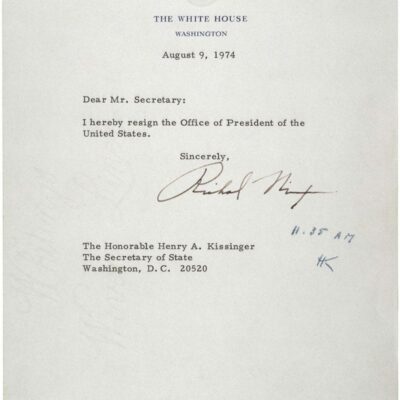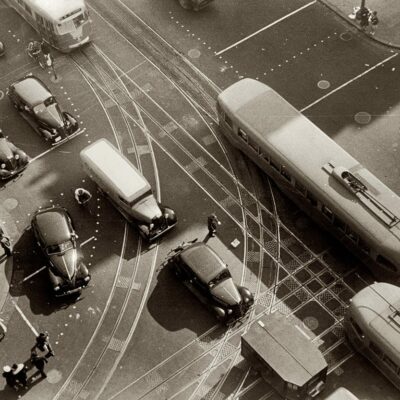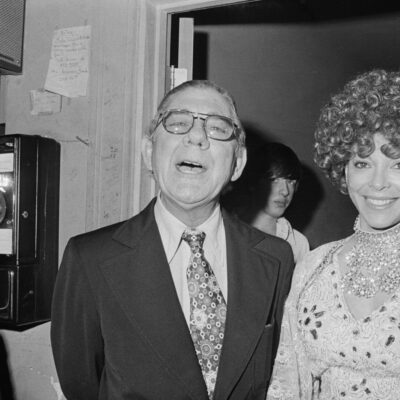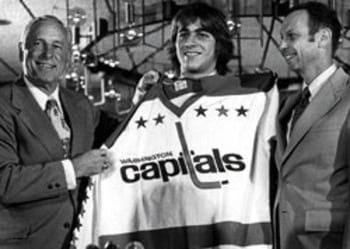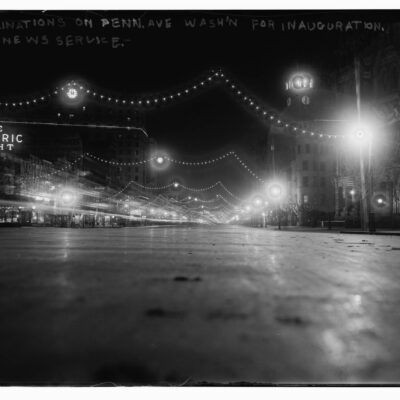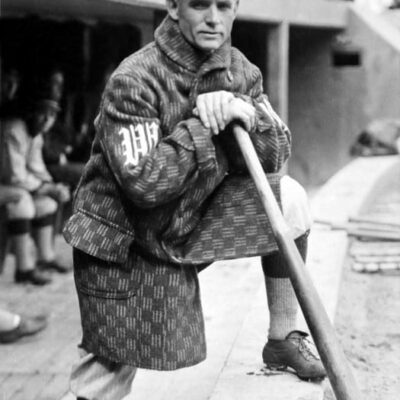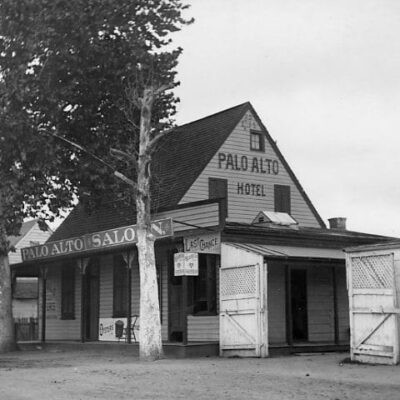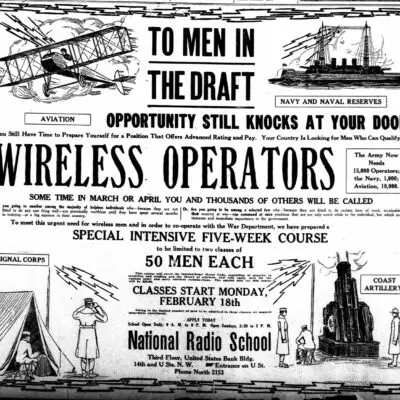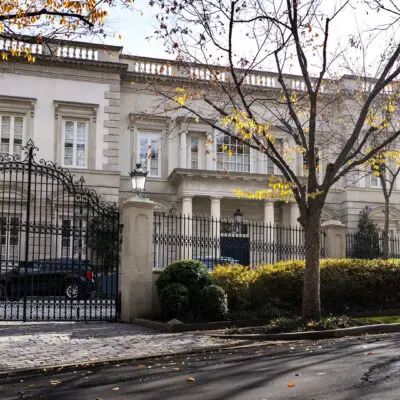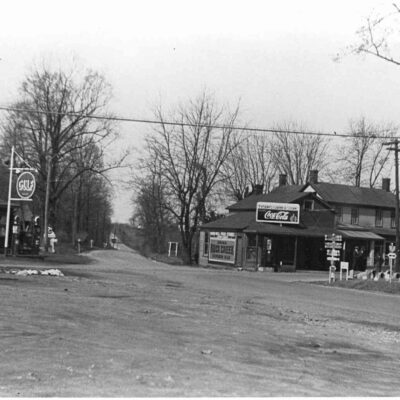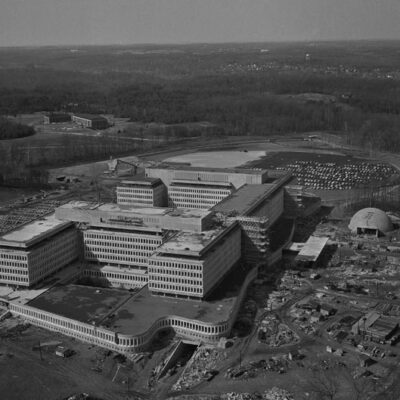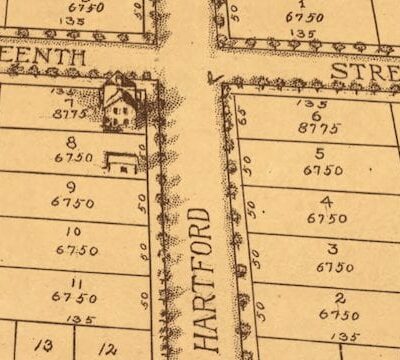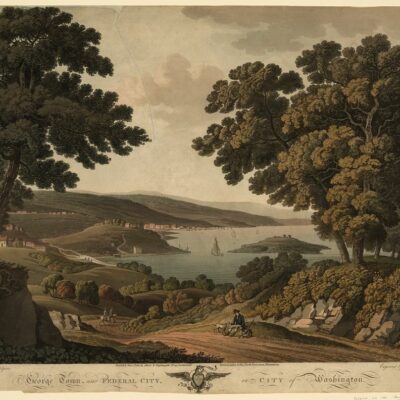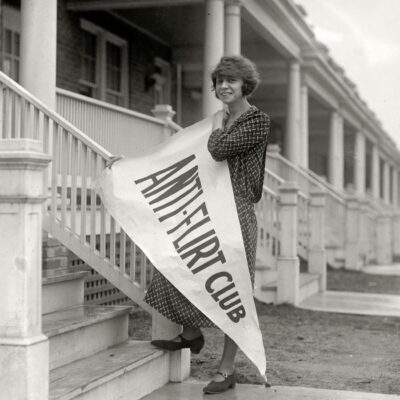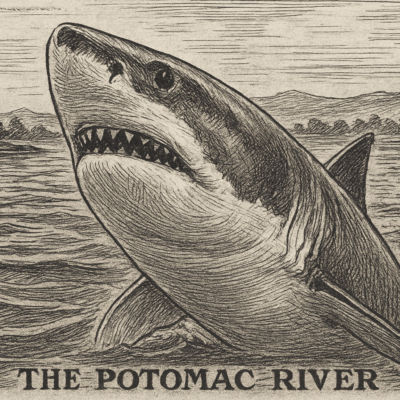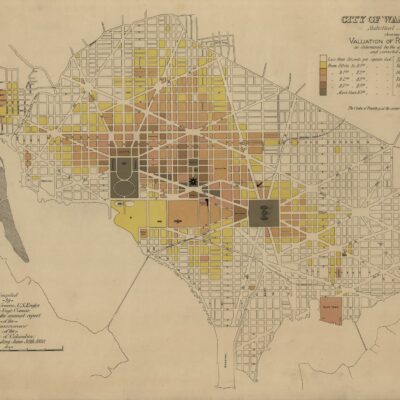We’re trying out a new category called “Lost History” today. We spent a good part of the weekend reading James Goode’s excellent (and depressing) book Capital Losses, and wanted to feature some more lost history of D.C.
Our first post is about D. Mullany’s Saloon, formerly at 14th and E St. NW (500 14th St. NW), today occupied by the massive Marriott Hotel.
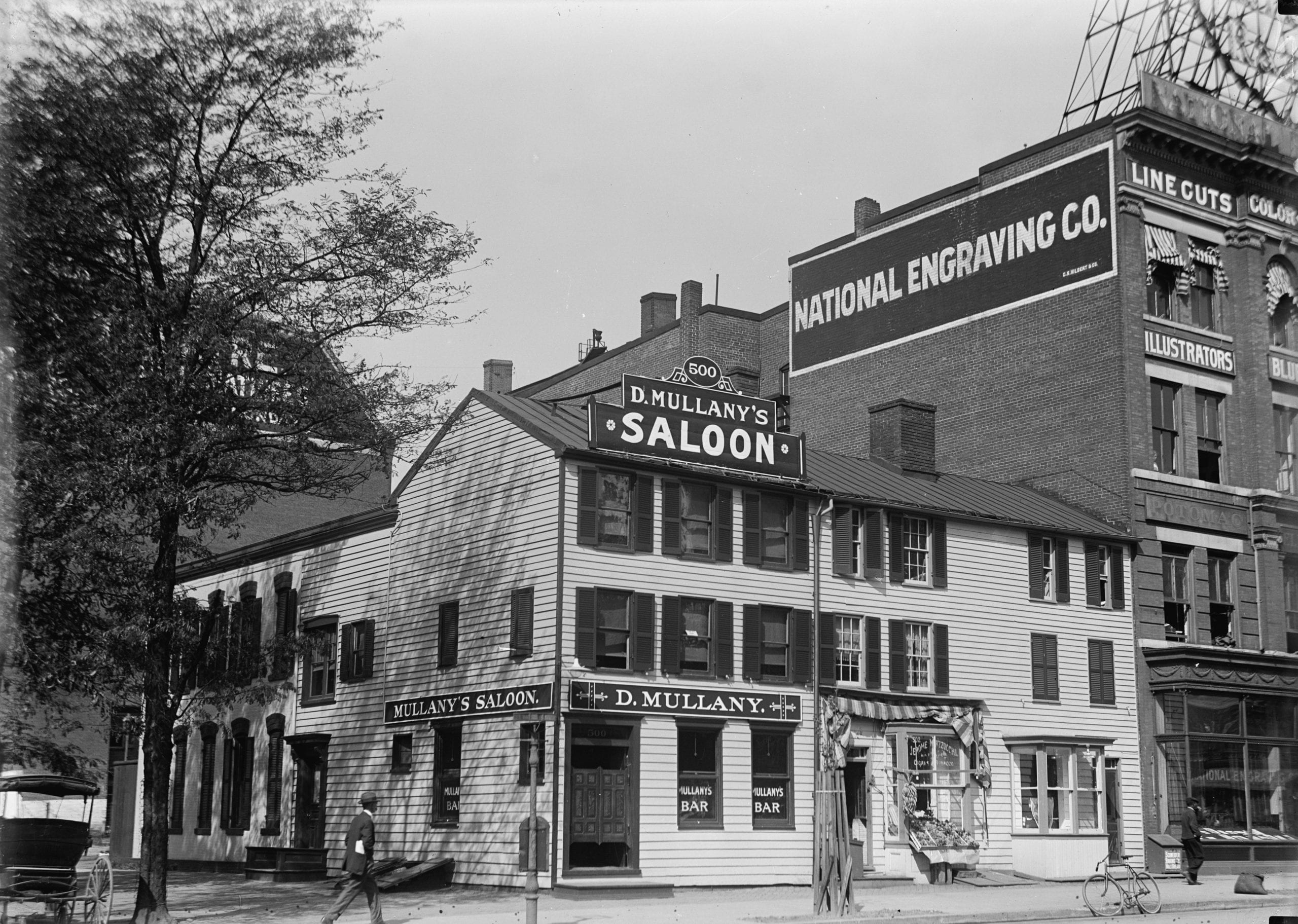
The bar, run by Irishman Dennis Mullany’s, was a gathering spot for Washington’s Irish in the 1890s, favoring the Boers in their fight against the British in South Africa. Early the next century, the bar was where the Brain Trust gathered to support, nominate and ultimately elect Woodrow Wilson as president. This saloon is purportedly the site where the Mamie Taylor was first concocted.
Here is the Baist map of the intersection from 1913. The saloon is across 14th St. from the Willard Hotel.
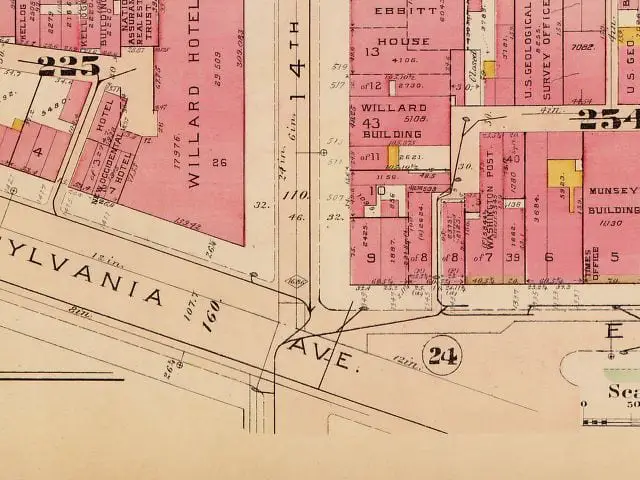
We did a little digging for some stories about the place and this piece in the Washington Post on Tuesday, December 6th, 1927.
There were several celebrated drinking places on Fourteenth street, between E street and the Avenue, both corners being saloons up to the time of the introduction of prohibition in Washington, shortly before national prohibition came in.
The best known of these, one of the most famous in the country, was at the northwest corner of Fourteenth and E streets. It was originally Peter Keenan’s saloon, but was best known for many years as “Dennis’,” after its distinguished proprietor, the late Dennis Mullany. Born in County Tipperary in 1846, and educated at the Monastic Institute of Christian Brothers, at Thurles, and intended for the draper business, his activities as a Fenian made it necessary for him to fly from his native land to save his life, and shortly after the close of the Civil War he came to Washington and opened a little tavern at Thirteen-and-a-Half and D streets. In the early Nineties he moved around the corner to Peter Keenan’s old antebellum place, then conducted by Adolph Laupp, a German.
For nearly twenty years this little place was elevated quite out of its character and surroundings by the sheer force of the personality of this scholarly Irishman. His quaint establishment became the rendezvous for the leading statesmen, writers, artists and prominent citizens of the time. It was a small, two-story frame building, with a little bar in front and a smaller room in the rear. At this bar, and around the table in the tiny back apartment, gathered some of the best minds in the land. Great issues were debated and settled there by public men and gifted newspaper correspondents.
From the famous icebox at the end of the bar, a favorite seat, since it was the only one in the front room, Maurice Splain, then the correspondent of the Philadelphia Record, nominated Woodrow Wilson to be the next Democratic candidate for President, on the night of the defeat of Alton B. Parker by Theodore Roosevelt. Not ten men in the place then knew who Wilson was or had heard his name, but Mr. Splain had been a student of his writings and picked him with a sure political instinct.
This was long before Mr. Wilson dreamed of entering politics. Mr. Splain began writing about Woodrow Wilson, steadily and persistently, and his articles were the beginning of the movement which led to the eventual elevation of the head of Princeton University to the governorship of New Jersey and the Presidency. Mr. Wilson long after appointed Mr. Splain to be United States Marshal for the District of Columbia, a post which he held for eight years. Thus was this little drinking place identified with momentous political events.
The Boer War was fought in Mullany’s, for Dennis was an ardent champion of “Oom Paul” and a good hater of the British. He was a writer of frequent letters to the editor of The Post on the subject. Finally there appeared one night on the bulletin board above a huge barrel of excellent whisky–of the brand for which the place was noted, Gibson’s–a poem long after identified as the work of a well-known writer:
Faith he’s the laddybuck that makes the bloddy Saxon yell,
And thumps the A. P. A.’s until they wish they were in hell.
Whin Dennis takes his pin in hand, get ready for a roast,
Ye can schmell the sizzling British fat–in the columns of The Post.
Arrah, Dennis the divil wid his history and Writ,
To say nothin’ of his eloquence and native Irish wit.
Dennis!–Mullany!–stand up and drink the toast–
Some day he’ll free auld Ireland–
Wid a letter in The Post.
Such a sad fact that this saloon, along with countless more, no longer exist.
